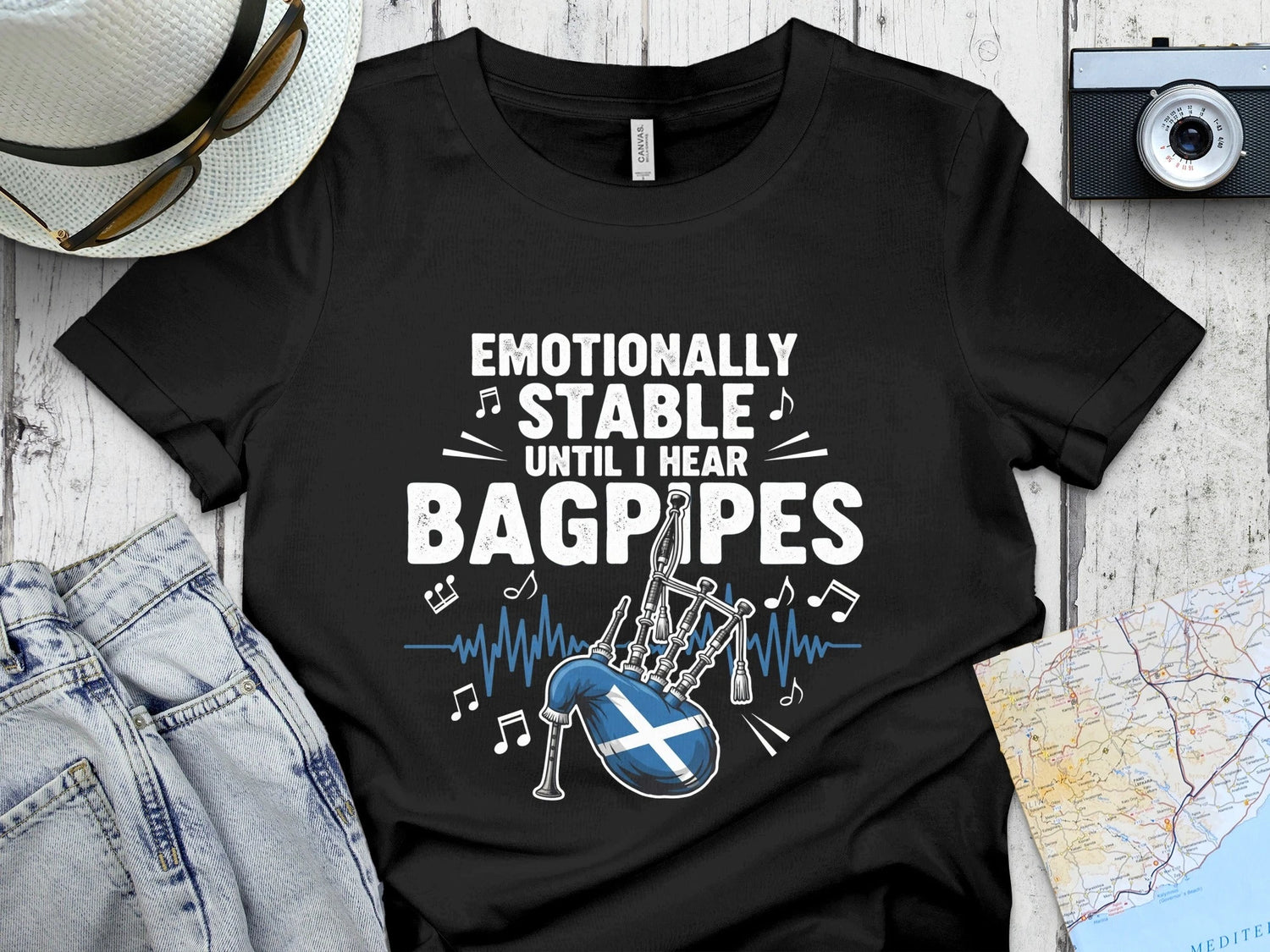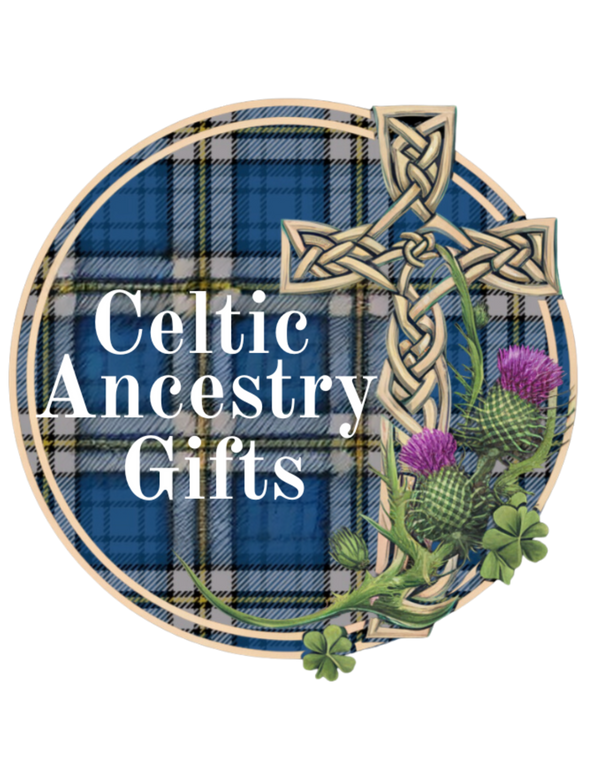
The Enduring Legacy of the Grogan Surname: A Deep Dive into Irish History and Heritage
Share
Unearthing the Origins of the Grogan Surname: A Gaelic Tapestry of Meaning
The surname Grogan, a name that resonates with a rich tapestry of Irish history, boasts deep and fascinating origins rooted firmly in the Gaelic traditions of the Emerald Isle. Primarily found in Ireland, its etymology is widely believed to stem from the personal name Ghrógáin, a derivative of the Old Irish word grog, which translates roughly to "pig" or "swine." The addition of the diminutive suffix "-án" suggests "little pig" or "little swine." While this might seem an unusual or even unflattering source for a surname to modern ears, it’s crucial to understand the context of ancient naming conventions. Many early personal names were derived from animal associations, often signifying desirable traits such as strength, fertility, speed, or even cunning. In the case of Grogan, the diminutive form could have indicated affection, a physical characteristic, or perhaps even a nickname bestowed upon an early progenitor that eventually became hereditary. This practice of deriving names from the natural world was common across many cultures, including ancient Ireland, where the boar, for instance, was a symbol of ferocity and power. The name might also have been an occupational surname, referring to someone who raised pigs or dealt in swine, a common and vital part of the agricultural economy in medieval Ireland. The geographical concentration of the Grogan surname is also a key indicator of its early development, with its historical heartland appearing to be in the province of Munster, particularly in counties Clare and Tipperary. Within these ancient territories, the Grogan family carved out a significant presence over centuries, their influence shaping local landscapes, economies, and social structures. As surnames began to solidify and become hereditary in Ireland, typically between the 11th and 16th centuries, the lineage associated with Ghrógáin started to be recorded more consistently in monastic records, land deeds, and legal documents. These early records, often painstakingly preserved, provide invaluable glimpses into the lives of our ancestors and the diffusion of family names across the island. Like many Irish surnames, its spread and prominence would have been significantly influenced by the complex clan structures, patterns of land ownership, and indeed, the tumultuous historical events that often led to migration both within Ireland and beyond its shores. Understanding these etymological roots provides a foundational layer to appreciating the full breadth of the Grogan family's historical journey.
From Gaelic Roots to Medieval Influence: The Grogan Family's Early Footprint on the Emerald Isle
The emergence and establishment of the Grogan surname are intrinsically linked to the medieval period in Ireland, a time of dynamic change and the gradual consolidation of identities. During this era, the island was a mosaic of Gaelic kingdoms and lordships, each with its own customs and traditions regarding lineage and identity. As the practice of hereditary surnames became more widespread, the lineage associated with the personal name Ghrógáin began to coalesce into a recognizable family name, marking a significant step in the formalization of ancestral ties. The development of surnames in Ireland was a complex process, influenced by a confluence of native Gaelic traditions, which often emphasized kinship and tribal affiliation, and the later Norman incursions that began in the late 12th century, which introduced continental naming practices and administrative systems. While the precise path of the Grogan surname’s establishment is intricate and subject to ongoing genealogical research, its strong association with Munster points to its integration into the established landholding patterns and social hierarchies of that region. Early Grogan families would have been deeply embedded in the Gaelic social and political fabric of their time. They likely participated in the local economies, engaging in agriculture, skilled crafts, and perhaps even military service, holding positions within their respective communities and contributing to the evolving social and cultural landscape of medieval Ireland. The stability and growth of these families were often tied to their ability to hold and manage land, a critical factor in social standing and influence throughout the medieval period. They may have been chieftains of smaller territories, respected landowners, or skilled artisans whose crafts were vital to the community. The presence of the name in early records, such as the Annals of the Four Masters or surviving medieval charters, although sometimes challenging to pinpoint definitively, would offer further evidence of their historical footprint. These early centuries laid the groundwork for the Grogan name's continued presence and evolution through subsequent eras of Irish history.
Centuries of Change: The Grogan Name Navigates Turmoil, Resilience, and Migration
The centuries that followed the medieval period were marked by profound and often tumultuous transformations in Ireland, and the Grogan surname, like countless others, navigated these challenging times with a remarkable degree of resilience. Ireland experienced periods of intense conflict, conquest, and cultural assimilation, notably the Tudor conquest which began in earnest in the 16th century, leading to widespread land confiscation and the imposition of English law and administration. This was followed by the devastating Cromwellian settlements in the mid-17th century, which further dispossessed many of the old Gaelic aristocracy and middle classes. The subsequent implementation of the Penal Laws systematically disenfranchised the Catholic majority, severely restricting their rights to own land, practice their religion, and participate fully in public life. These historical events often led to the displacement of native Irish families, radical changes in land ownership from Gaelic chieftains to English and Scottish planters, and significant shifts in demographic patterns. Families that retained their Catholic faith often faced immense social and economic barriers. Despite these immense challenges, the Grogan name persisted, a testament to the resilience and tenacity of the families who bore it. Many Grogans would have adapted to the changing political and social realities, perhaps through strategic marriages, changes in religious affiliation (though many remained steadfast in their faith), or by finding new avenues for livelihood that were less dependent on land ownership, such as trade or skilled labor. As economic conditions remained difficult for many of the native Irish population, particularly following the great famines and periods of sustained oppression, emigration became a defining characteristic of Irish history from the 17th century onwards. Driven by a complex interplay of economic hardship, political disenfranchisement, and the search for religious and personal freedom, Grogans, like countless other Irish families, undoubtedly made their way to new lands. The primary destinations for these emigrants were North America (particularly the United States and Canada), Australia, and New Zealand, where they sought opportunities and a better life. Today, the surname Grogan can be found in diaspora communities across the globe, each branch carrying a vital piece of its Irish heritage and contributing to the multicultural mosaic of their adopted homelands. The survival and continued presence of the Grogan name in these far-flung corners of the world is a powerful symbol of the enduring spirit of the Irish people.
Notable Grogans and Modern Recognition: A Lasting Impact Across Diverse Fields
Over the centuries, individuals bearing the Grogan surname have achieved recognition in a diverse array of fields, contributing to the name's enduring legacy and multifaceted identity. While the Grogan name might not be directly associated with the most ancient or dominant Gaelic high kings or warlords whose names are emblazoned in epic sagas, the collective impact of Grogan families in local communities and specific professions has been significant and far-reaching. The surname's presence in various historical accounts, local archives, and family histories attests to the contributions made by its bearers across generations.
In contemporary times, the Grogan name continues to be carried by individuals excelling in areas as varied as business, the arts, sciences, academia, sports, and public service. The vibrant diaspora communities, in particular, have played a crucial role in preserving, celebrating, and promoting Irish heritage, ensuring that the name’s connections to Ireland remain strong. Through genealogical societies, cultural festivals, and online historical resources, these communities ensure that surnames like Grogan remain vibrantly connected to their ancestral homeland and its rich history. Research into local histories, parish records, and genealogical databases often reveals the presence and contributions of Grogan families in specific towns, regions, and even in the development of particular industries or social movements throughout Ireland and in countries with significant Irish settlements. For example, while specific individuals may require extensive research to identify, one can often find Grogans who were prominent in local politics, influential figures in religious orders, successful entrepreneurs, or talented artists who contributed to the cultural fabric of their communities. The sporting arena is another area where individuals with Irish heritage often make their mark, and it is highly probable that Grogans have excelled in traditional Irish sports like Gaelic football and hurling, as well as in international sports. The enduring presence and achievements of Grogans, both historically and in the present day, underscore the surname's long and distinguished place in the broader narrative of Irish identity and its global diaspora.
Preserving the Grogan Heritage for Future Generations: A Living Connection to the Past
The history of the Grogan surname is more than just a linguistic or genealogical curiosity; it is a microcosm of the broader narrative of Irish surnames – a compelling story of ancient Gaelic origins, of resilience and adaptation through centuries of profound societal change, and of an enduring presence that has spread far beyond the shores of Ireland. For those who proudly bear the Grogan name today, it represents a tangible link to a proud ancestral past, a deep-seated connection to the cultural and historical landscape of the Emerald Isle, and a continuation of a legacy that has weathered the storms of history, conflict, and emigration. The act of researching one's family history, particularly a surname with such deep roots as Grogan, can be an incredibly enriching journey of self-discovery.
Understanding the etymology, historical trajectory, and cultural significance of one's surname can be a profoundly rewarding experience, offering a unique lens through which to view personal and collective identity. The Grogan name, with its humble yet distinct Gaelic origins and its journey through the annals of Irish history, offers a compelling glimpse into the lives, struggles, triumphs, and everyday existence of the families who have carried it forward through the ages. Whether one’s roots are firmly planted in Irish soil or have branched out across the globe, the story of the Grogan surname is an ongoing and vital chapter in the grand, unfolding saga of Irish heritage and its global impact. It is a heritage that is actively preserved and celebrated through family reunions, genealogical research, participation in cultural events, and the simple act of sharing these stories with younger generations. The continued relevance and pride associated with surnames like Grogan serve as a powerful reminder of the enduring strength and richness of Irish culture, which continues to thrive both at home and in the diverse communities of the Irish diaspora worldwide.

